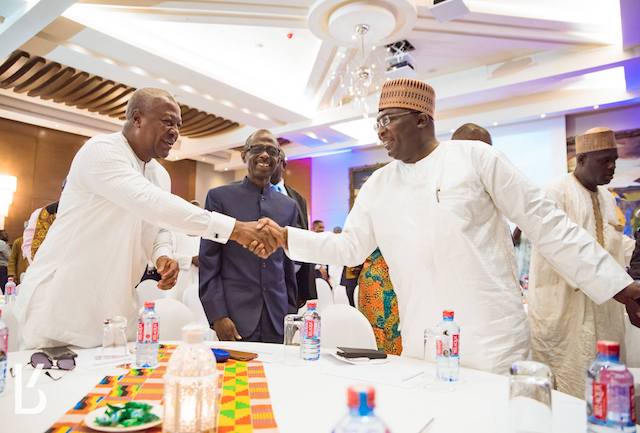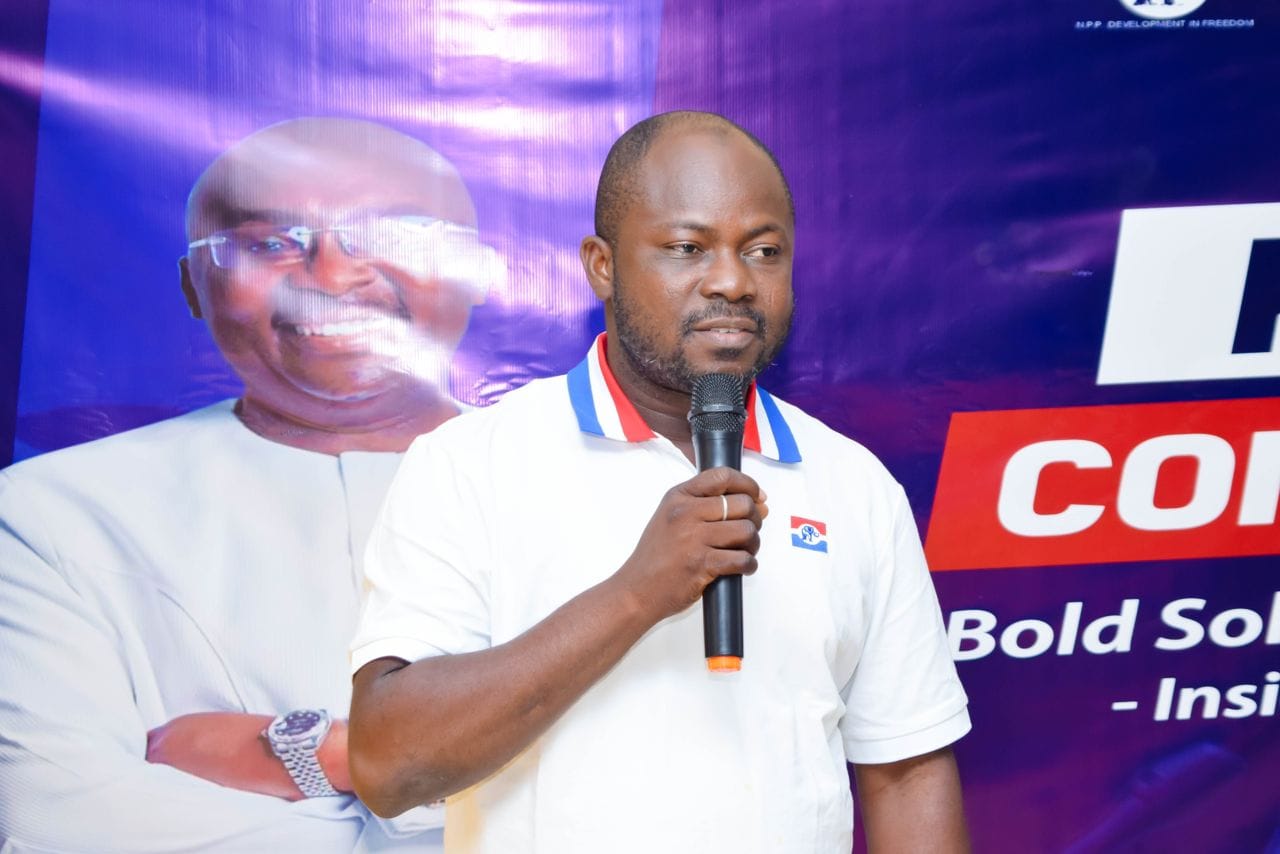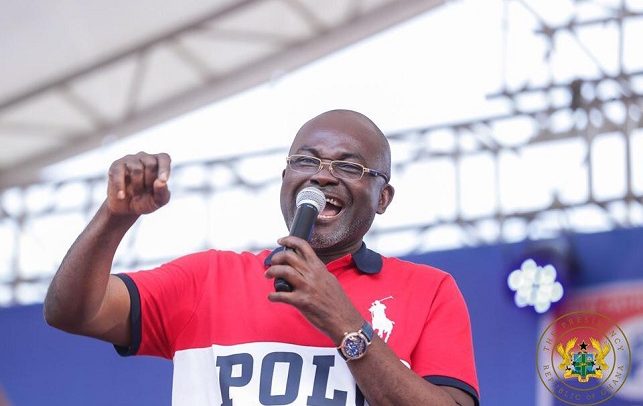The National Peace Council is set to convene a meeting today, Thursday, November 28, bringing together representatives of all political parties and their respective presidential candidates ahead of the December 7 elections.
The purpose of this meeting is to oversee the signing of a peace pact, an agreement aimed at fostering a peaceful and stable electoral process in Ghana.
This agreement is a pledge by all candidates to uphold peace and civility before, during, and after the polls.
It underscores the importance of maintaining national unity and ensuring that electoral disputes are resolved through legal and non-violent means.
The initiative reflects the Peace Council’s commitment to mitigating political tensions that have historically marred election seasons in Ghana.
In an interview with Accra-based Citi FM, the Chairman of the National Peace Council, Rev. Dr. Ernest Adu-Gyamfi, expressed confidence in the readiness of political parties to embrace the Peace Pact.
He highlighted the Council’s proactive engagement with all stakeholders to ensure a smooth process.
He also shed light on the logistical preparations underway, emphasing that the council is working diligently to ensure the success of the ceremony.
“So far, we believe that all the parties will be there. We have commitments for all of them. We have sent them a copy of the pact for them to study if they have any comments to come back, and so far, we have not had any adverse reactions from any of the parties.
“And so right now what we are doing is putting down appropriations for the various logistics and the things that need to be done for the signing of the pact.”
Despite this optimism, questions linger over the participation of the National Democratic Congress (NDC).
The NDC’s Chairman, Johnson Asiedu Nketia, had previously raised concerns about the terms of the Peace Pact, casting doubt on the party’s involvement.
Back in August, the NDC outlined six conditions for its participation. Among these conditions was a demand that key state officials, including the President, the Inspector-General of Police, the Chief Justice, the National Security Coordinator, and the Attorney General, also sign the agreement. According to the NDC, this would ensure that the commitment to peace extends beyond the political parties to the institutions that oversee the electoral process.




